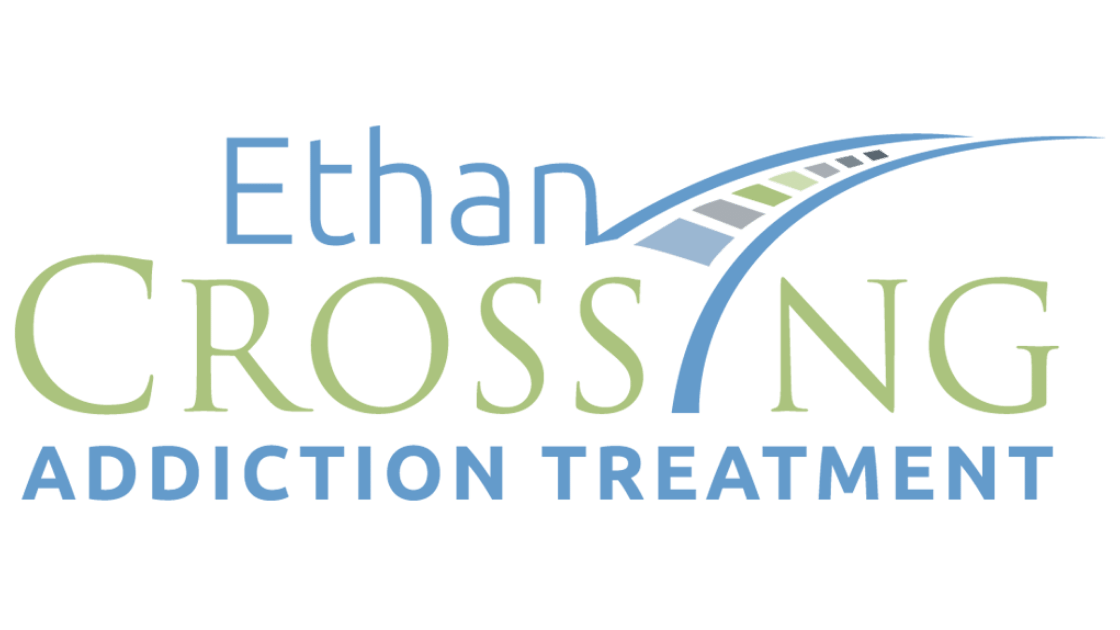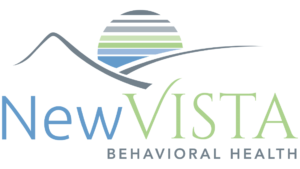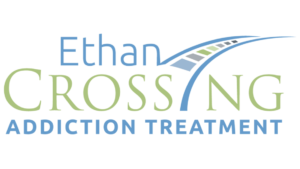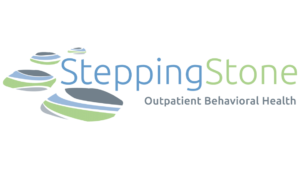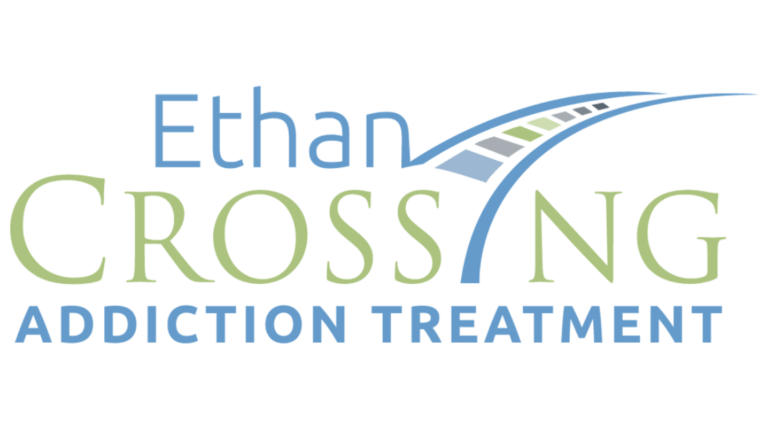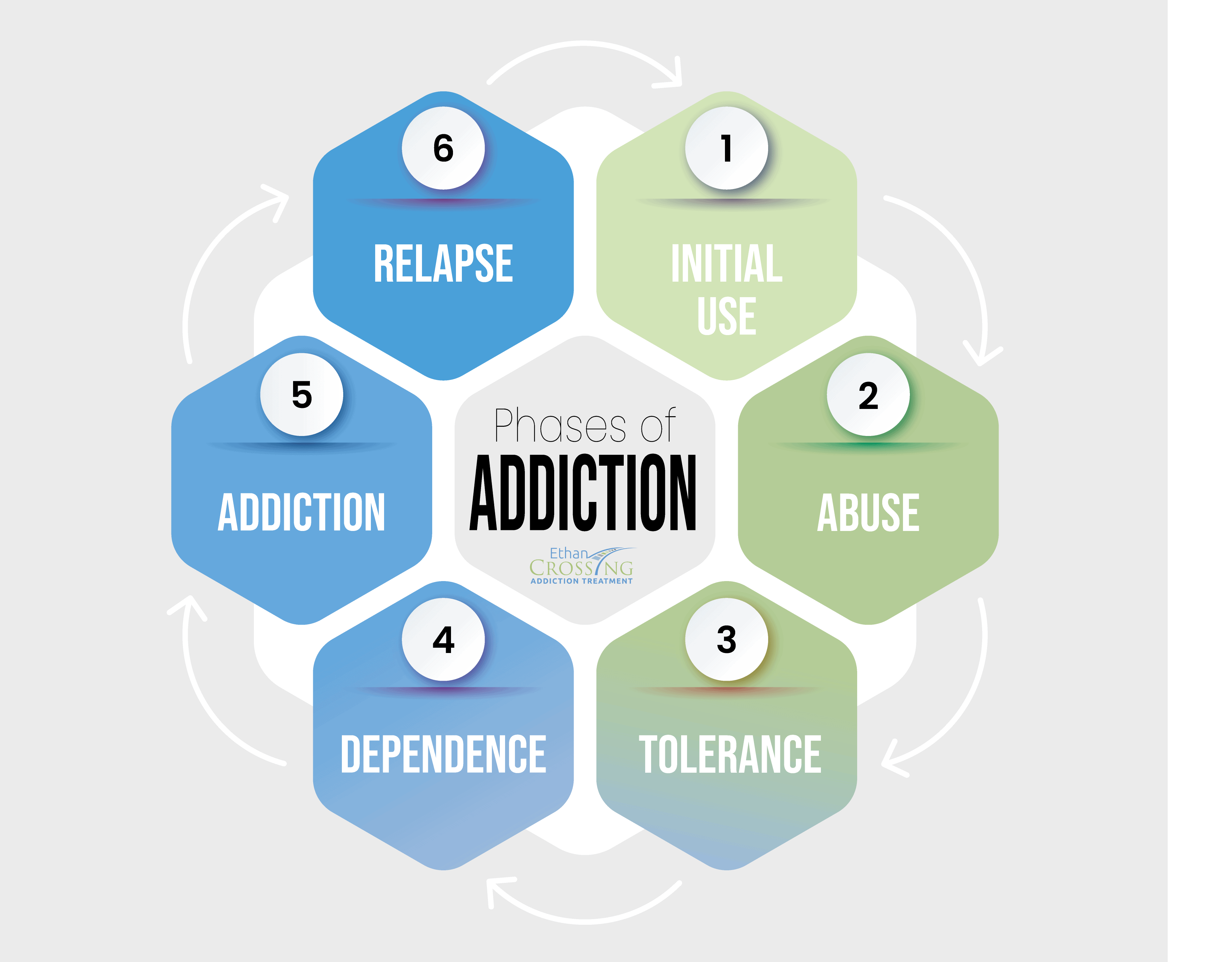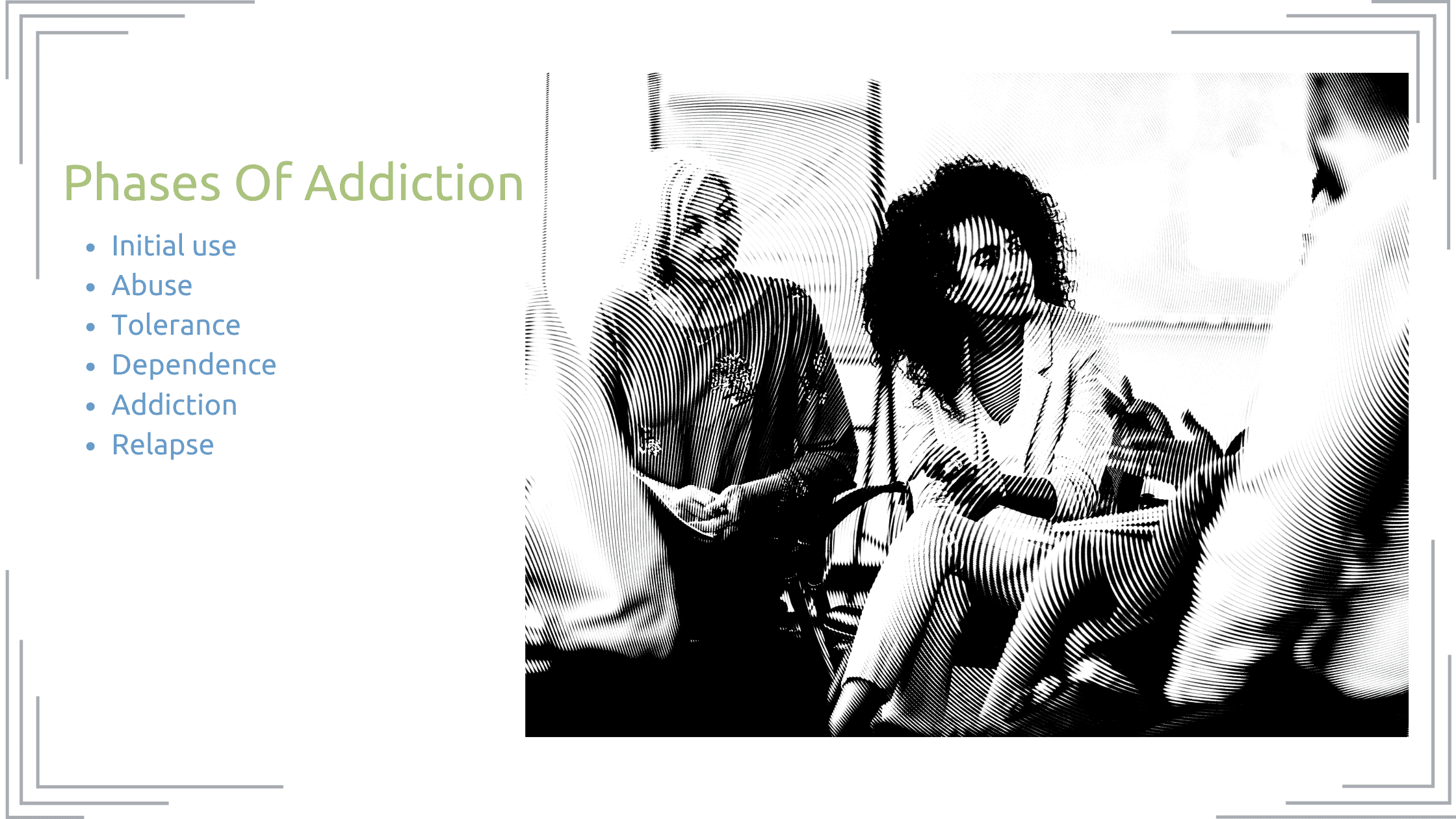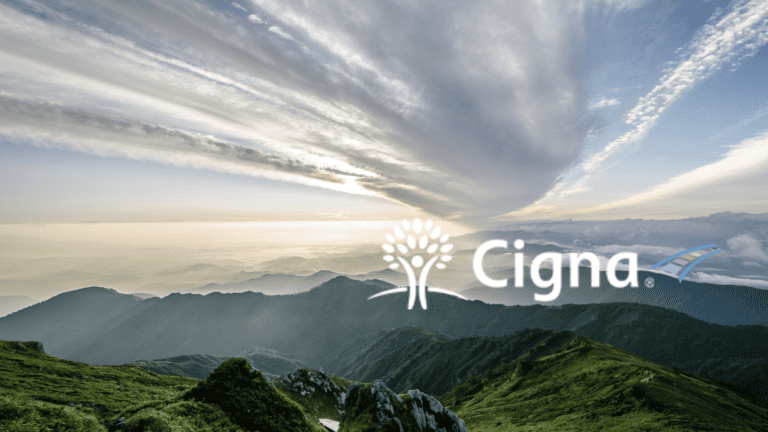Table Of Contents
It’s generally understood that there are several phases of addiction. The addiction cycle is used by professionals to help understand what those who struggle with addiction are going through and how to help them recover. If you or a loved one is suffering from addiction, you are not alone. Addiction is one of the most common afflictions in the United States and worldwide. The nature of the human condition means that some people will become addicted to certain negative behaviors. You may or may not have addictive personality traits that make you more vulnerable to addiction than the next person. Whether or not you carry these traits may mean that the early phases of addiction have a more powerful grasp on you. This is why it’s so important to learn about the phases of addiction, and Ethan Crossing Recovery is here to help.
You can share this image of the phases of addiction on your site with attribution to: https://newvistahealth.com/addiction-treatment/resources/rehab-guide/phases-of-addiction/
What Are The Signs of Addiction?
It is helpful to know when you or a loved one should seek treatment for addiction at an addiction treatment center. Of course, you cannot know when it’s time to seek treatment unless you know what signs to look for. Common signs of addiction include:
- Poor job performance or school performance
- Inexplicable financial trouble
- Loss of control over daily life
- Giving up on pastimes and social activities
If you notice that you or a loved one are exhibiting these signs of addiction, it’s possible that it’s time to seek treatment from a substance abuse treatment center such as Ethan Crossing.
The Phases of Addiction
When an individual frequently uses drugs or alcohol, it alters their brain chemistry. As they continue to abuse substances, their body develops a dependency on the substance. This means they need more and more of the substance to function properly. When an individual develops a dependency or addiction to drugs or alcohol, they must use the substance to avoid the intense discomfort and pain that comes with withdrawal symptoms. Thus, our substance abuse treatment programs offer a medically-supervised detox program in conjunction with our therapeutic services. Addiction is a disease. And, like any disease, it requires professional attention. Without proper treatment, an individual may be able to minimize the effects of this disease, but they will never be able to overcome it. In the next steps of this article we detail the different phases of addiction.
Stage 1: Initial Use
There are many reasons that the individual who ends up struggling with an addiction might try the substance to start with. It can be as seemingly benign as getting a prescription to manage pain or a mental health issue, as culturally typical as trying a first drink at the age of 21, or as insidious as being pressured by friends or family to try illicit drugs. Regardless of how the initial use occurs, it is the first step toward addiction.
The first phase is the first experience or the introduction to the addictive behavior or substance. In people with strong addictive personality traits, just one experience with the addictive substance or behavior may be enough to trigger a full-blown addiction. This is why it can be helpful to understand if you do have addictive personality traits. If this is the case, you may want to avoid even trying out a substance or addictive behavior. Common first experiences include smoking a cigarette, trying your hand at gambling, or sipping your first beer.
Stage 2: Abuse
The next stage of the addiction cycle is substance abuse. This is the point at which the person is using the substance on a recurring, improper basis; more simply, the World Health Organization simply defines substance abuse as using a substance in a way that is harmful. Perhaps the individual who is taking a prescription painkiller decides to take higher doses or use the medication more frequently. Another example is the person who engages in regular binge drinking or who occasionally uses cocaine. Whether or not a substance is being abused often depends on the substance itself and how it acts on the body.
risky behavior starts in the abuse stage
The next phase of the addiction involves risky behavior. This is frequently witnessed when a person who struggles with alcohol dependence makes the choice to drive to the store to get more alcohol after they have already been drinking at home. Another example is an easy willingness to purchase drugs from a stranger on a street corner in order to get the desired feeling of being high. If you are participating in risky behavior, seek help from a drug addiction treatment program.
Stage 3: Tolerance
The next phase of addiction is routine use where tolerance develops. A person who struggles with addiction may believe that it is perfectly normal and part of an everyday scenario to have a drink when they come home after work, stop off at the casino every weekend, or rely on medication to relax or get to sleep. Once the substance or behavior becomes part of the everyday experience, it’s very likely that the behavior will lead to the next phase of addiction.
When a person has been using a prescription drug or abusing other substances over a long period of time, the substance can cause changes in the brain that result in tolerance. The person using the substance may increase the dosage or frequency of use to try to recapture the original result. For a while, this might work. Then, over time, tolerance to this new dosage occurs, and the person increases again, creating a progression into heavy substance abuse.
Stage 4: Dependence
At a certain point, the body or brain becomes dependent on having the substance to be able to function properly. As an example, a person who has been using cocaine or meth for a long time may find it impossible to feel pleasure without the drug.
Not all drug dependence is addiction, as explained by the National Institute on Drug Abuse. For example, a person with chronic asthma may be dependent on a daily medication in order for that person to be able to breathe properly. However, this is not addiction. In this case, the body was not working properly before the drug was introduced, and the individual is using the medication to correct that function; the drug does not cause the dysfunction.
However, if the person has been using a drug to treat another condition, and becomes dependent on that drug to feel good separate from the condition being treated, it may be a type of dependence that leads to addiction.
The dependence phase is when the person doesn’t feel that they can function without engaging in the behavior or indulging in the addictive substance. Both physical and psychological cravings develop in this stage.
Stage 5: Addiction
Addiction is a specific, chronic mental health disorder where an individual is not able to stop using substances. The (DSM-5) Diagnostic and Statistical Manual of Mental Disorders, as described by Psych Central, the 11 signs and symptoms of substance use disorders include the following symptoms:
- Using more of the substance than the person originally planned
- Being unable to stop using the substance
- Experiencing relationship problems based on substance use
- Spending large amounts of time seeking or using the substance, or recovering from use
- Reducing participation in favorite activities in favor of substance use
- Being unable to keep up with daily responsibilities due to substance use
When an individual, experiences 2-3 of these symptoms it is considered a mild substance use disorder. Reporting 4-5 of them leads to a diagnosis of a moderate substance use disorder. If the person is experiencing 6 or more of the symptoms, it is indicative of a severe substance use disorder, or addiction and it is advisable to seek help immediately.
This is the stage of an active substance use disorder
In this final stage, the person begins to lose things in their life. They may drop out of school, lose the lease on their apartment, or lose their family. The addiction has essentially ruined their life.
Stage 6: Relapse
Relapse is when a person has had some time free of their addiction and then reverts back to old habits. This can be for a variety of reasons, such as:
- lack of support system
- lots of high stress
- loss of family member/job/home
- pressure from “friends” or even loved ones
